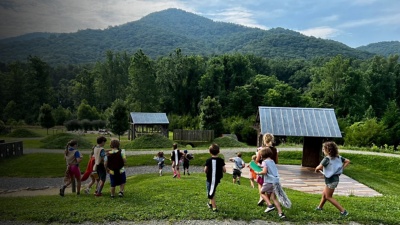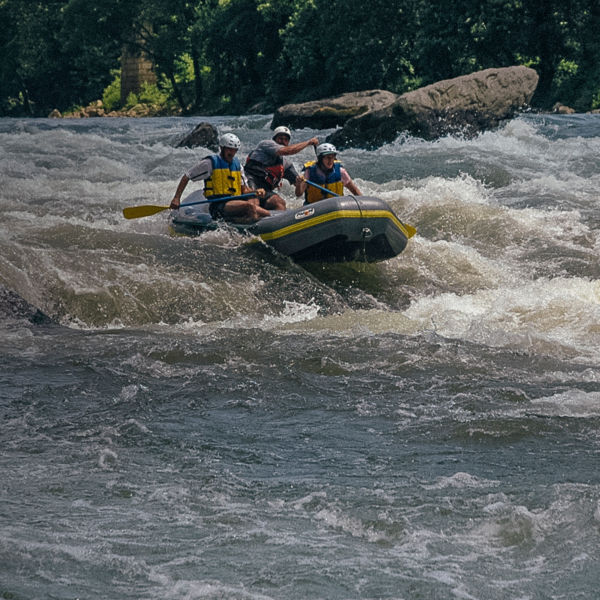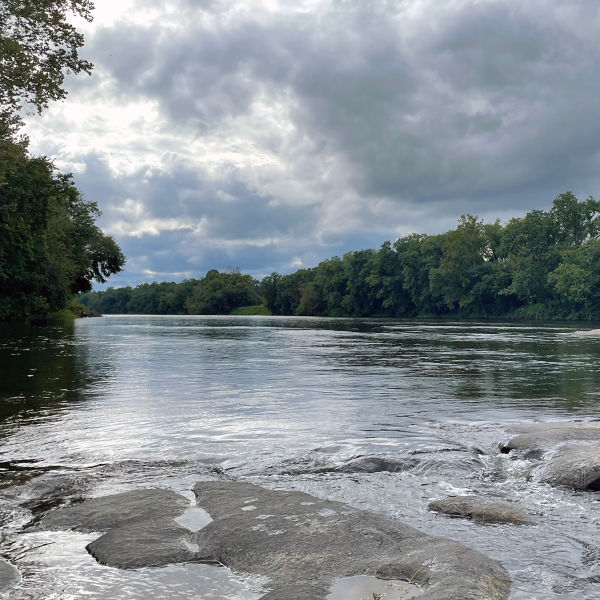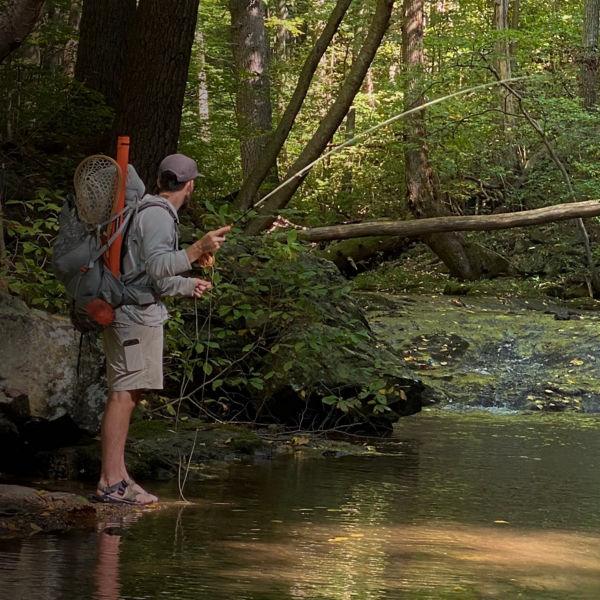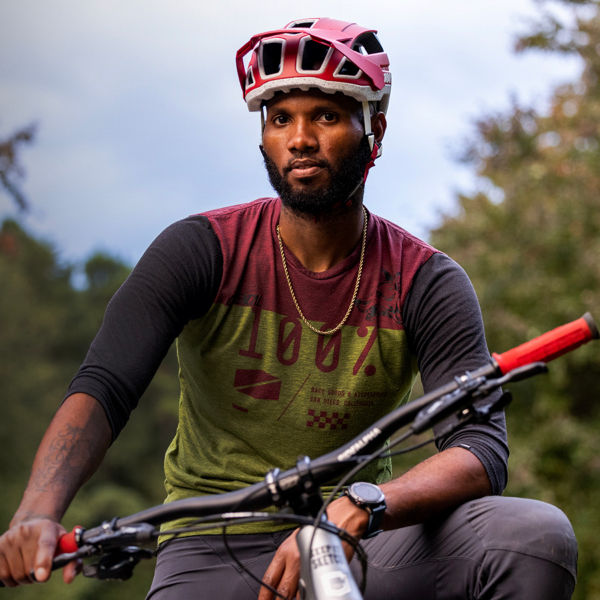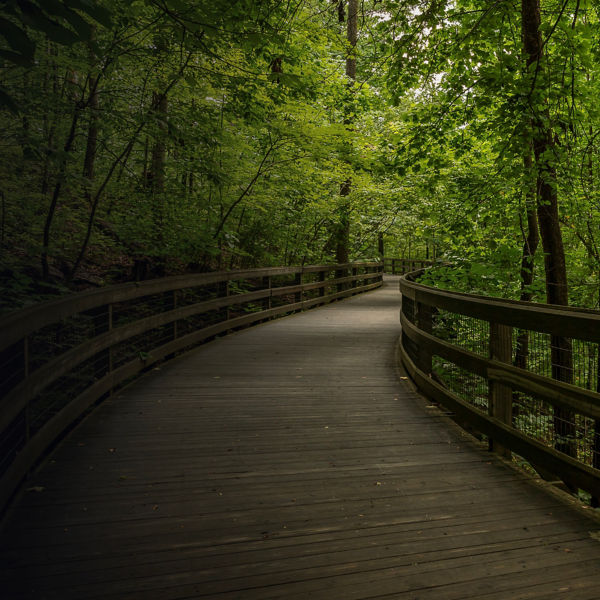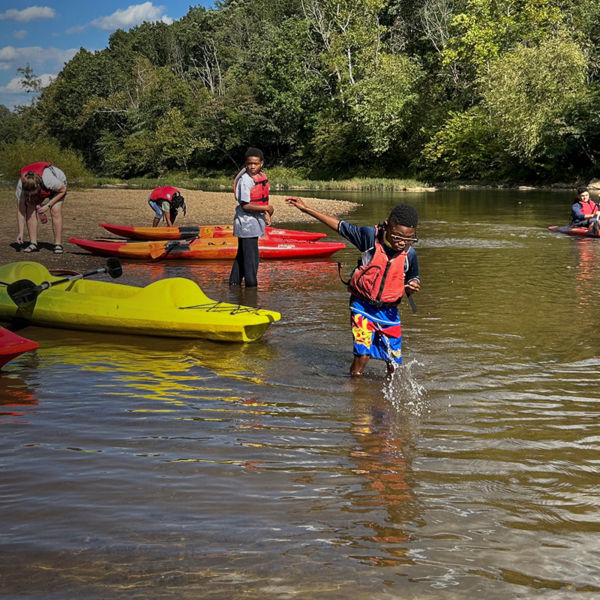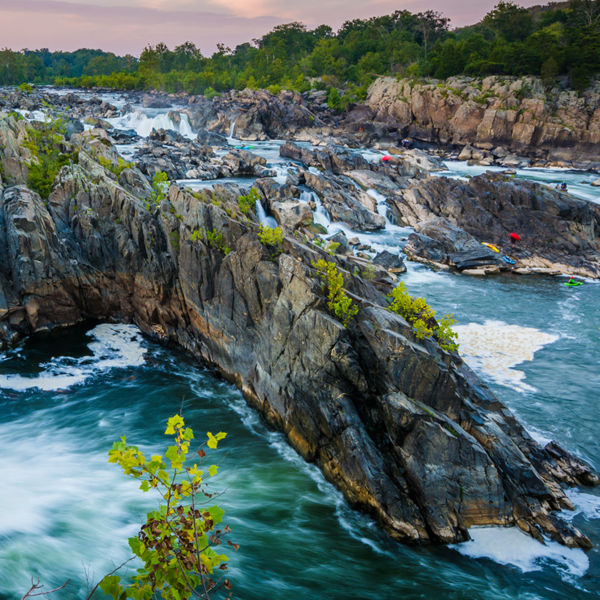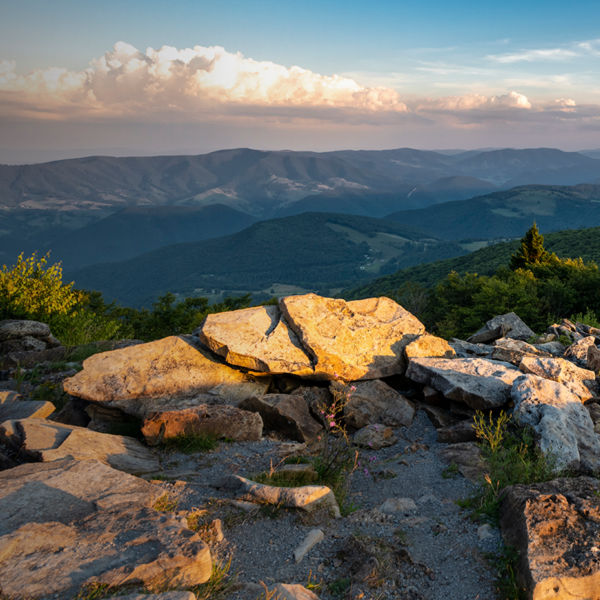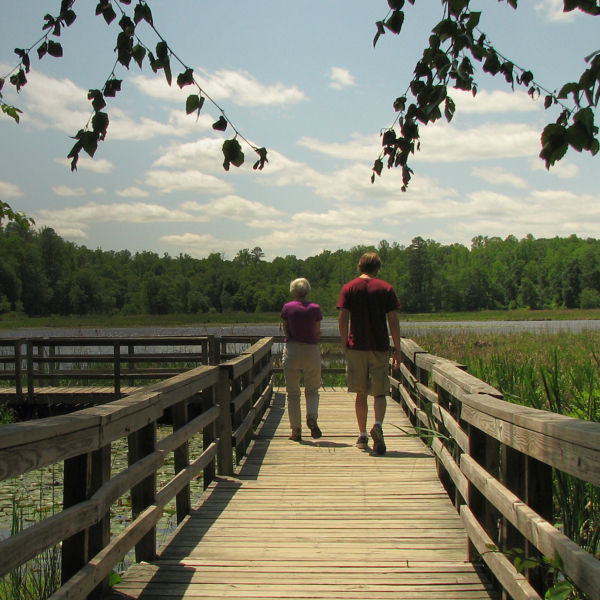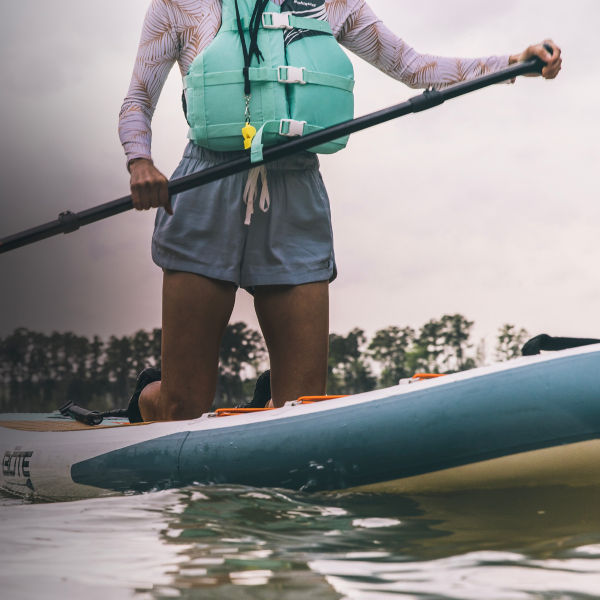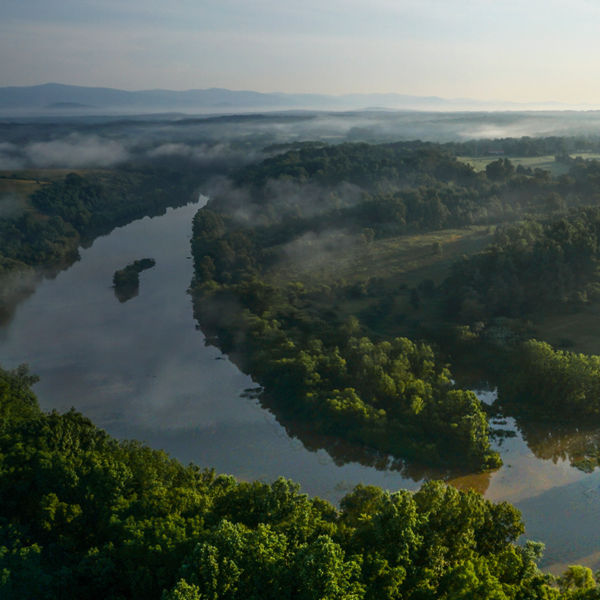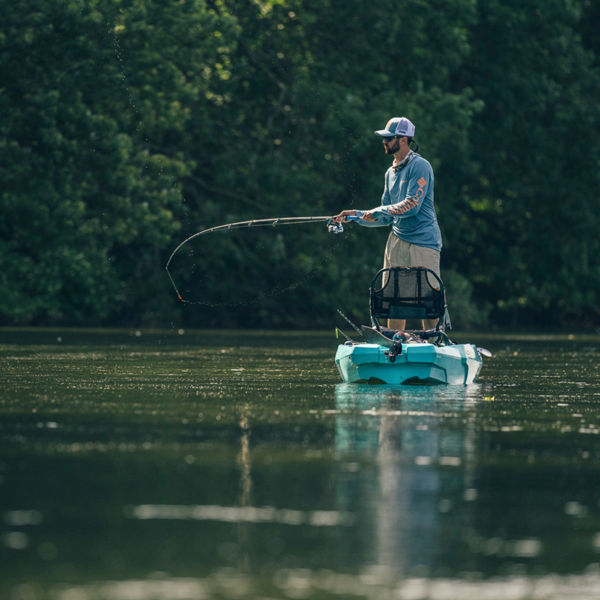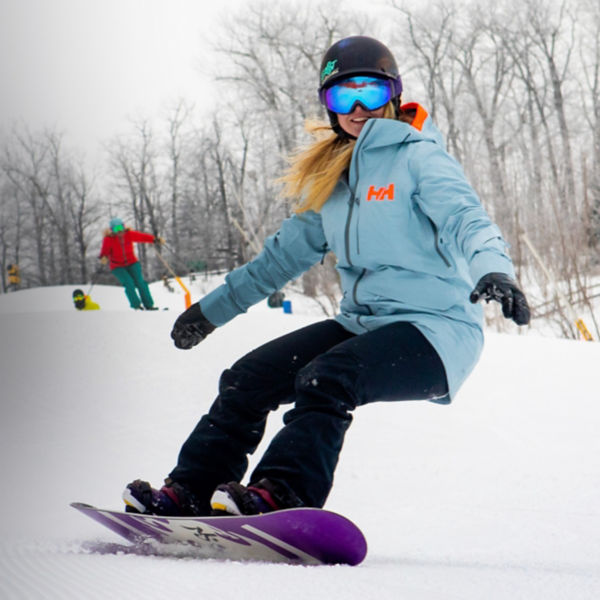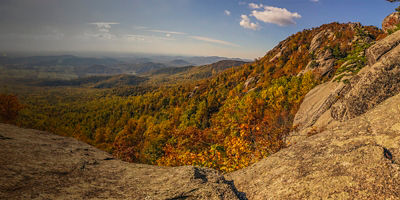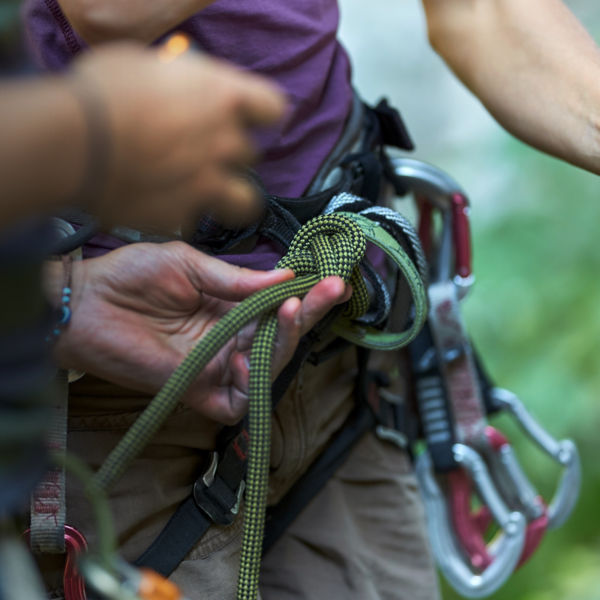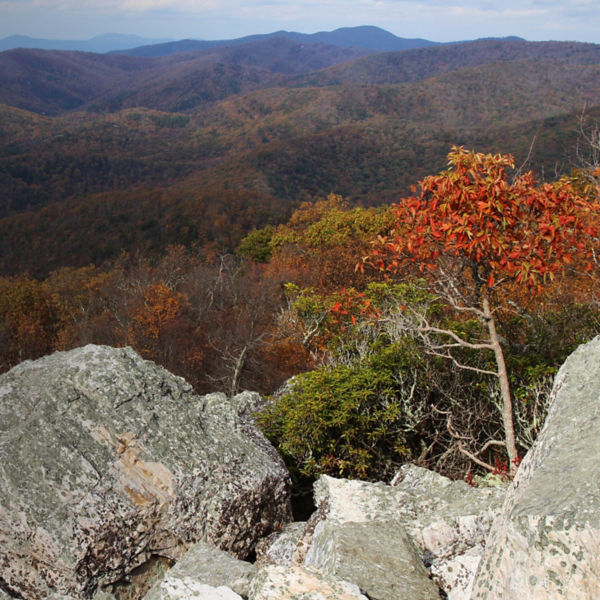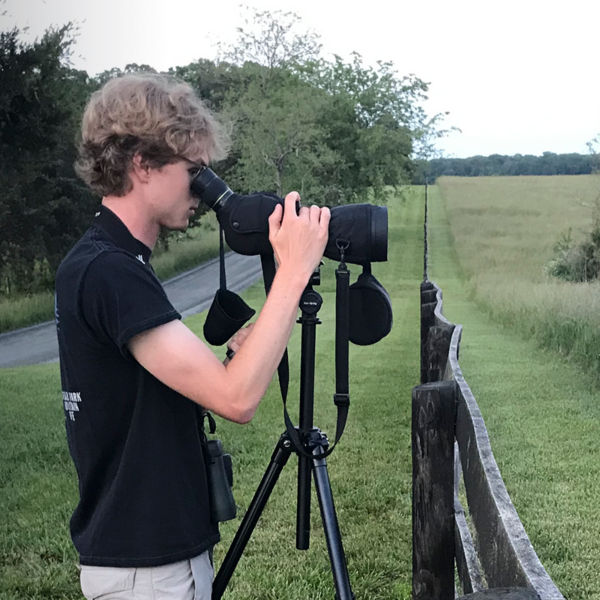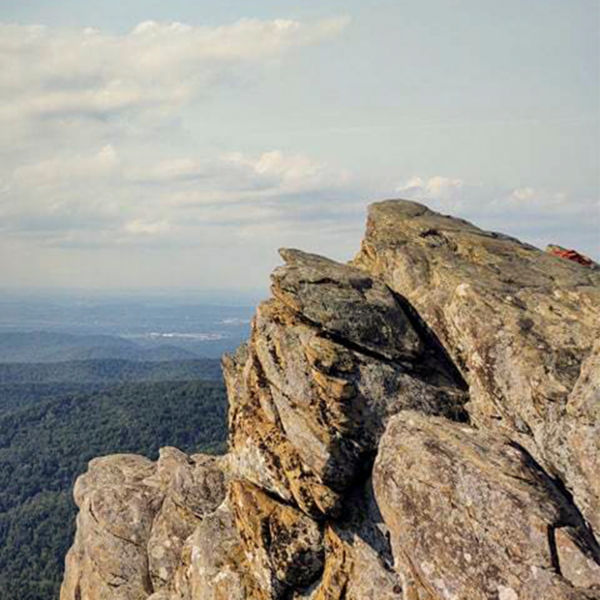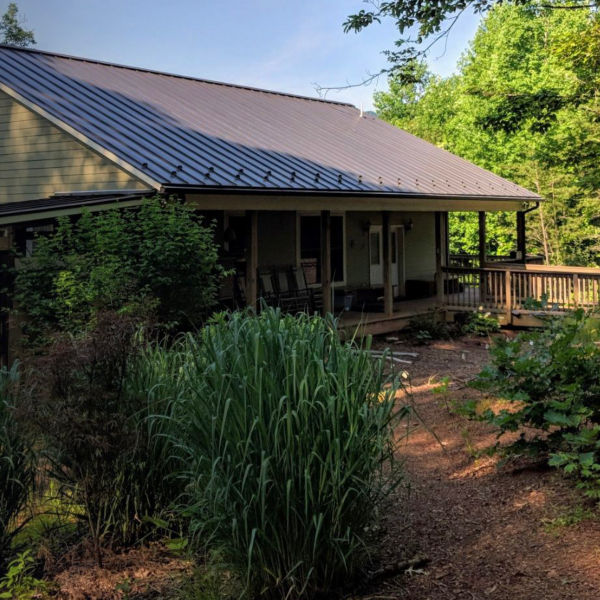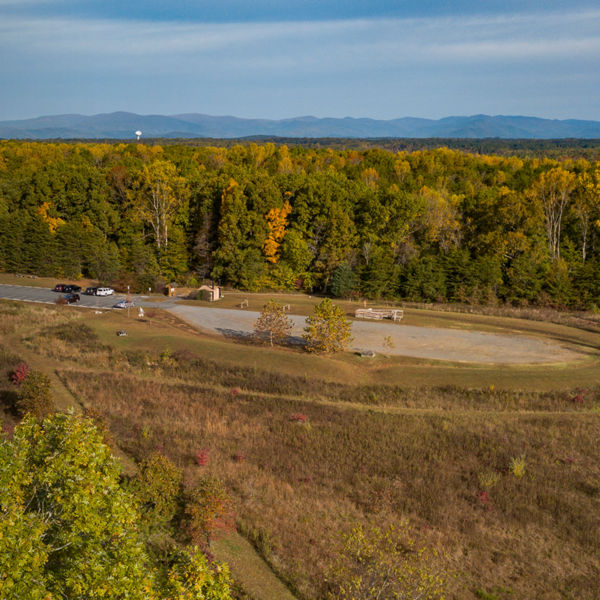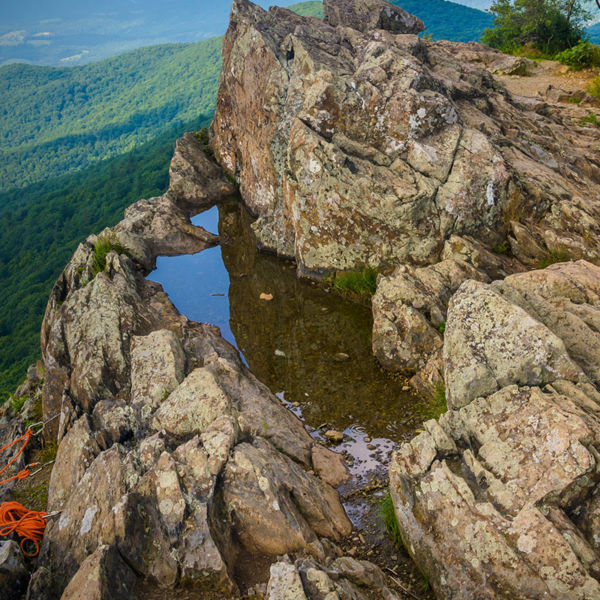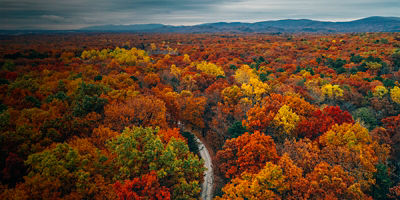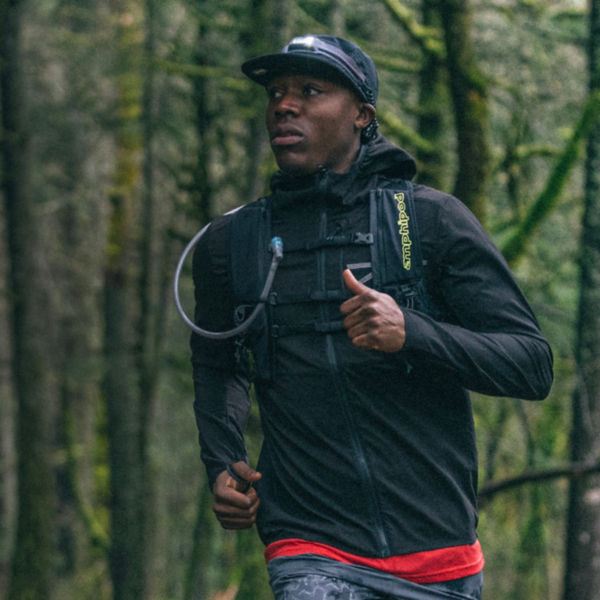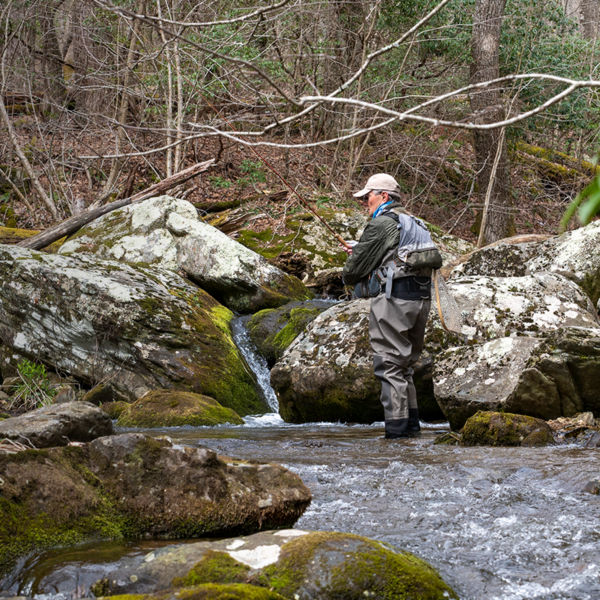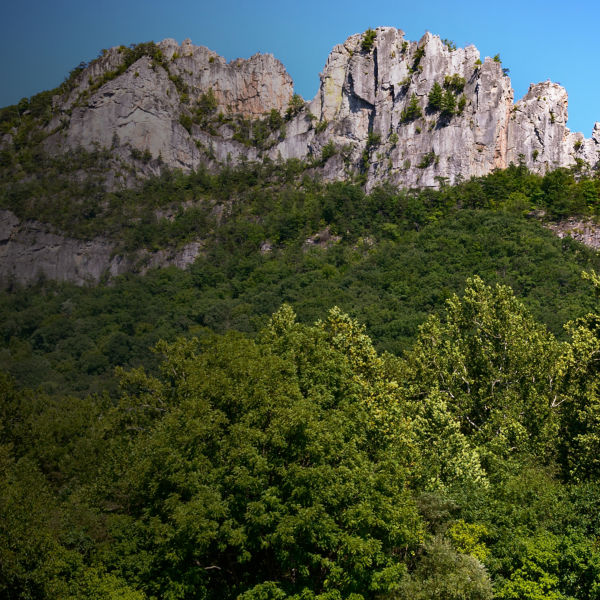
When Meg Phillips (she/her) first heard of Wildrock, she was a young parent struggling to help her 4-year-old daughter return to post-pandemic life. At this point, daycares and schools had been closed for nearly a year and a half. Returning to social situations would be a major adjustment.
To ease the transition into the 2021-’22 school year, Phillips first signed her daughter up for a multi-week camp at Wildrock, an enclosed, three-acre patch of forest in Crozet, Va.
“The program basically takes a group of little kids out to play in the woods every day, which was exactly what my kid needed,” Phillips says. At first, her daughter acted reserved. By the end of the program, however, Phillips’s daughter was active, curious and engaged. Wildrock, she says, “really gave her the confidence and empowerment to explore and take charge.”
Her daughter is just one of many kids who’ve had their lives changed by Wildrock’s programming. Established in 2017 by Carolyn Schuyler, the licensed clinical social worker created the nonprofit to address nature deficits in modern kids’ lives. Schuyler knew that American kids were spending up to seven hours per day staring at screens. And as a mental health professional, she understood that a lack of free, unstructured play was having an impact on kids’ health and happiness.
So, Schuyler started fundraising. A few years later, she and a small army of volunteers built Wildrock, a place where kids could explore at their own pace (in a safe, enclosed area) with limited instruction and direction. But Wildrock’s mission doesn’t stop there. Schuyler and Phillips also leverage Wildrock’s resources to help promote nature equity, or equal access to green spaces across socioeconomic levels.


